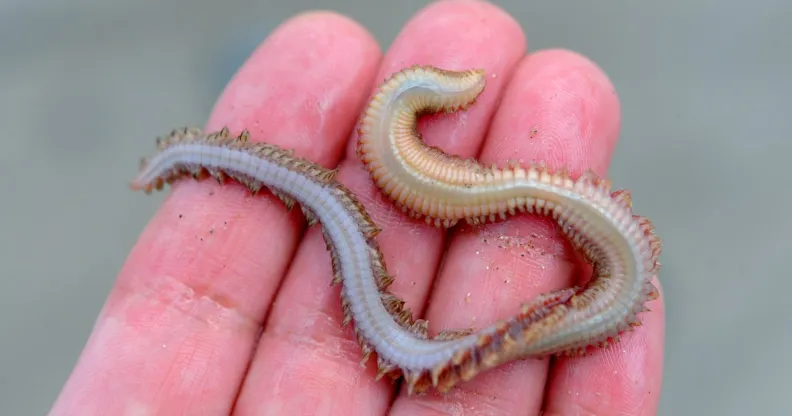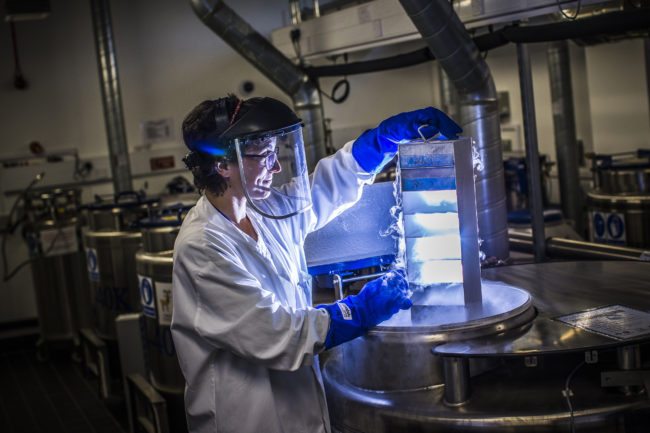
TO GO WITH AFP STORY BY SANDRA FERRER
Asexuality isn’t something that is restricted to humans, as scientists discovered when investigating an ancient species of roundworm.
Diploscapter pachys, which is described as “very small but remarkably plump”, hasn’t had sex in roughly 18 million years, when it parted from its parent species by exclusively practicing asexual reproduction.
The species has survived for the entire time by copying itself, while still maintaining fairly high genetic diversity.
The revelation has taken scientists by surprise, with asexual species usually dying out due to genetic mutations.

Biologist David Fitch of New York University said: “It has been a longstanding mystery in biology how some asexual animals have survived for so many generations.”
Sexual reproduction evolved more than one billion years ago as a means to increasing the rate of natural selection and evolution.
It also results in a natural mixing of genes which can avoid the random mutations that commonly occur in DNA from building up over time.
Egyptian pharaohs famously suffered the consequence of not mixing genes, with some extreme disorders developing due to the inbreeding of their ancestors.
RELATED: What is asexuality?
“Somehow, the worm fused its ancestors’ six pairs of chromosomes into one pair of huge chromosomes.
“It did away with a major step of meiosis — the part of the reproductive process where chromosomes reshuffle before splitting into two cells,” Rae Ellen Bichell told SmartNews.
Birchill explains that reproduction is a time-consuming means of reproducing.
Organisms must spend time and energy competing for mates, and only half of the population is capable of creating new organisms at the end of the process.
That’s most likely why Diploscapter pachys decided to stop having sex some 18 millions ago.
Only two other organisms are know to have just a single pair of chromosomes: the nematode Parascaris univalens and the ant Myrmecia croslandi.
This includes the Unisexual mole salamanders, which steals sperm from other related species to use for their own reproduction.
Asexuality in humans is defined by Stonewall as someone who does not experience sexual attraction.
Each asexual person experiences things like relationships, attraction and arousal differently.
And, like all other terms, it’s a word that asexual people use to help identify and describe themselves.
As part of our Ace Week 2021 coverage, PinkNews is hosting an Instagram Live this Wednesday 27 October at 6pm (BST) with asexual model Yasmin Benoit and activist Emi Salida.
You can find PinkNews on Instagram here.
